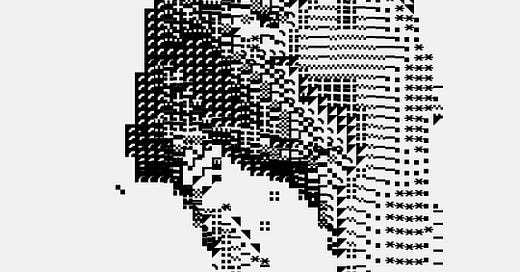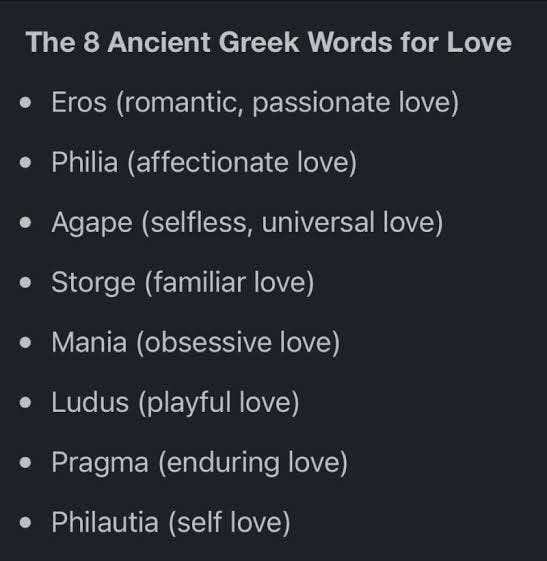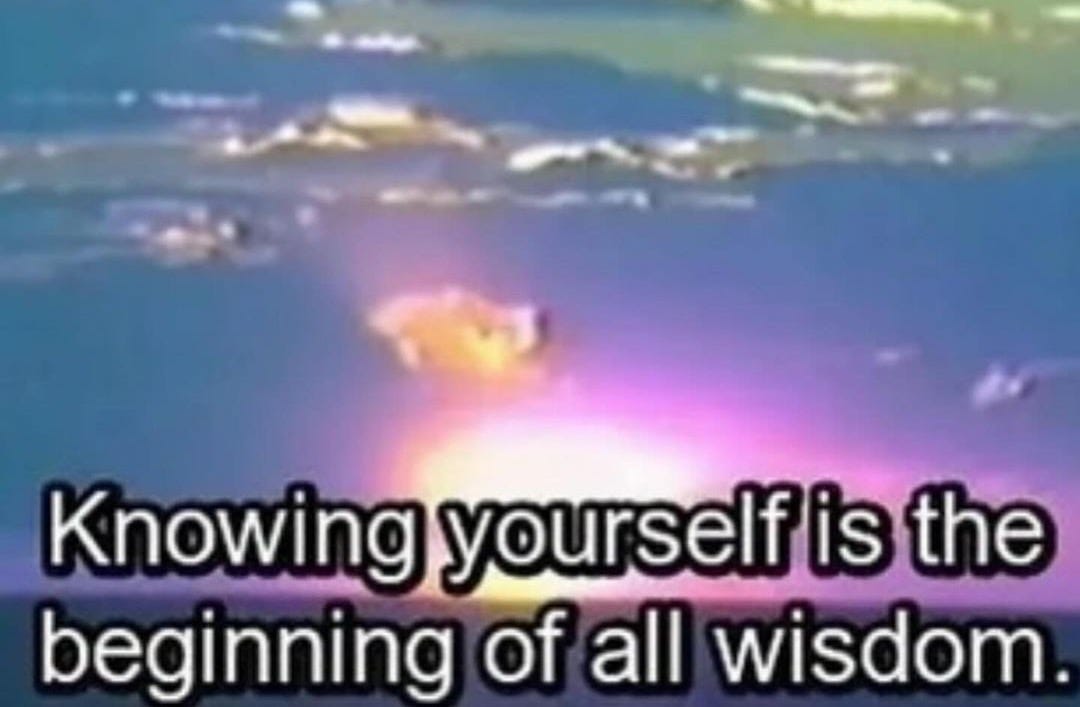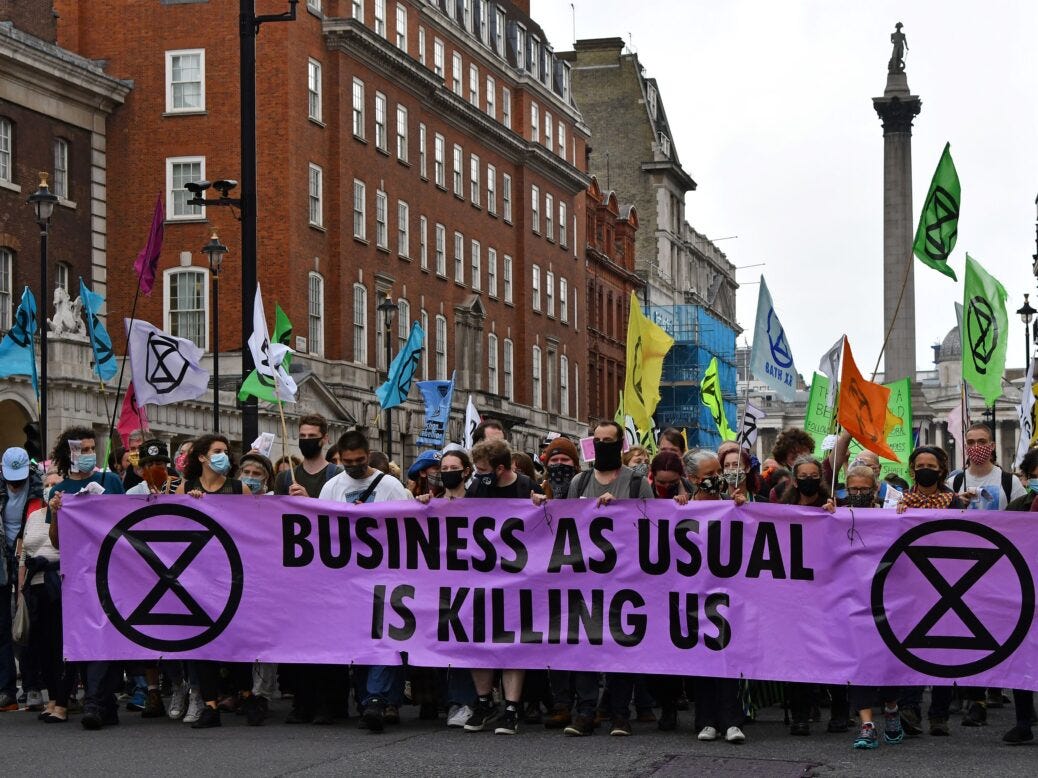CREATIVE WRITING: YOU ARE THE WORDS YOU USE
How your inner voice, your relationships, your culture, dreams are woven from language
“The limits of my language mean the limits of my world.”
philosopher Ludwig Wittgenstein
Consider how a new word can clarify a feeling you couldn’t pinpoint or how an inside joke can make you feel uniquely understood. From the language in our minds to the slogans we shout in the streets, it reflects who we are. How we see the world. Even what we believe is possible.
WORDS SHAPE OUR INNER WORLD
Being able to name a feeling precisely, eg, I’m not just upset, I’m resentful, can actually change how we experience it. Psychology researchers call this emotional granularity.
In one review, people who could differentiate their emotions with fine-grained labels were less likely to fall into harmful coping habits like binge drinking or self-harm. They were also less prone to anxiety or depression compared to those with a vaguer emotional vocabulary.
When you can say exactly what you feel, you’re better equipped to deal with it.
A therapist might say, “Name it to tame it,” and there’s neuroscience to back that up. Simply labeling an emotion (silently to yourself or out loud) can calm the brain’s emotional alarms, reducing activity in areas linked to fear and distress.
Anyone who’s ever journaled through pain or talked out their worries with a friend knows that putting feelings into words can be a profound relief.
The ancient Greeks had multiple words for love. Eros for passionate love, philia for affection, agape for selfless love... By naming different kinds of love, they could experience and discuss each one with greater clarity. In a way, having more words for love gave their expression, but also inner experience of love more shades and depth.
Or consider how we talk to ourselves. The metaphors and descriptors running through our minds are not harmless. Calling an upcoming challenge a battle vs a journey influences whether we approach it with aggression or curiosity.
WORDS SHAPE OUR OUTER WORLD
Just as words mold our private experience, they are the threads that stitch us to others.
We’ve all felt that connection when someone says exactly what we were thinking. Or uses a phrase we thought only we used.
Shared language creates intimacy. Couples know this well. A recent study of couple idioms found they aren’t just cute or trivial. The more couples invent their own lingo, the more satisfied they tend to be in their relationship. These little words and phrases (maybe absurd to outsiders) serve as constant affirmations of we get each other.
The same is true for teams, classmates, any tight-knit group. A shared slang or shorthand is social glue. A group of teenagers might use a silly term for things they love or hate, and using it signals I’m one of us. Sports teams rally around mottos and chants. Fandom communities develop their own acronyms and references.
On the flip side, not sharing the words can make you feel like a stranger. If you’ve ever walked into a new workplace, school, or culture, you notice language first. The jargon, the accent, the greetings. Those words map the social landscape. Until you pick them up, you feel a bit lost.
CULTURE, IDENTITY, RESISTANCE
Zooming out, entire cultures and movements have been defined by the words they rally around. History books boil down eras of upheaval to the slogans chanted: “Liberté, égalité, fraternité!” in the French Revolution, “Workers of the world, unite!” in the labor movement, or more recently, “¡Sí se puede!” (“Yes we can!”) in civil rights and “We are the 99%” in the Occupy protests.
These phrases crystallize complex ideologies into digestible, repeatable units of meaning. Say a slogan, and you invoke an identity. We are the 99% turned a crowd of disparate protesters into a collective identity of us versus the wealthy elite, bonded by shared struggle.
Sometimes, the connection forged through language must be covert. E.g., Polari, a secret slang used by gay men in mid-20th-century Britain when being openly gay was criminal. Polari was a patchwork of Italian, Yiddish, Cockney rhyming slang, and creative code words. Its very existence was an act of resilience. Speaking Polari, one gay man could safely ask another if any “omies” (men) were around, or compliment a “bona lallies” (nice legs), without outsiders having a clue. This hidden lexicon allowed a marginalized group to recognize each other and speak freely in a hostile world. More than that, it cultivated a shared identity in defiance of persecution. Some of its words (“camp,” “butch,” “zhoosh”) slipped into mainstream English, carrying with them echoes of that history of belonging forged in secret.
MeToo created a revolution in how people talk about sexual violence. The phrase had actually been used by activist Tarana Burke years before it went viral as a gentle way for survivors (especially young women of color) to find solidarity. Burke used “me too” to promote “empowerment through empathy,” letting survivors name their pain and discover shared strength. When #MeToo swept across social media in 2017, millions of people from very different walks of life all spoke the same simple phrase. By saying “me too,” they were no longer isolated victims. They became part of a vast community of survivors and allies. Here, language both created belonging (“you are not alone”) and spurred resistance, as society was forced to confront the magnitude of a problem long unnamed.
THE POWER OF NAMING
Each word is a step toward making sense of it all.
Survivors of adversity often say that owning their narrative, being able to articulate what happened to them, helped them move forward. Even outside therapy, we do this. We give endearing nicknames to parts of ourselves we’re learning to love or playful names to our quirks. Turning something that once caused shame into a lighter, accepted part of us.
We create pet names for loved ones as if to say my love for you is so unique, it needs its own word. We craft affirmations to remind ourselves of the values we want to live by (I am resilient, I am enough). All these are ways we use words to shape reality, not just describe it.
Many cultures hold ceremonies for naming children, believing the chosen name will guide the child’s destiny or character.
Don’t name the cow if you plan to eat it, the saying goes, because once you name it, it becomes a kind of friend. Ranchers note that naming an animal forces you to empathize with it, to personalize it. It’s almost like a name can make us care more.
The same goes for the flip side. The act of not naming or using distancing language can blunt empathy. A government might refer to “collateral damage” instead of “civilian deaths,” for example, to mask the human reality. Stereotypes and slurs reduce individuals to one hateful label, erasing their nuance.
How we talk about groups of people (eg “illegal aliens” vs. “undocumented immigrants”) can shape whether we see them as fellows or not. Vocabulary can dehumanize or re-humanize others. Every social justice movement has had to wrestle with language, fighting to replace derogatory terms with respectful ones and insisting on the right to self-definition.
In George Orwell’s 1984, the totalitarian regime invents Newspeak, a stripped-down English intended to make rebellious thoughts impossible.
“Don’t you see that the whole aim of Newspeak is to narrow the range of thought?”
“In the end we shall make thoughtcrime literally impossible, because there will be no words in which to express it.”
This underscores a real insight. Without words, we lose the ability to even formulate certain ideas. While Orwell’s world is fictional, real-world regimes have understood this too, censoring or banning words and languages as a means of control. Publishing forbidden newspapers, teaching banned languages in secret, shouting slogans in the face of tyranny.
LANGAUGE AS A MIRROR
We shape our words, and our words shape us in return. A vocabulary is like an identity toolkit. Each word we learn gives us a new tool to make sense of the world and a new way to connect with others. It’s creative and ongoing.
In African communities, there is the beautiful concept of Ubuntu, which in the Xhosa language is often translated as “I am because we are.” It’s a single word embodying a philosophy. Our identity and well-being are bound up in each other. In its culture, to say someone has Ubuntu is the highest praise, meaning they are generous, compassionate, and deeply connected to their community.
Similarly, the Danish word hygge (cozy contentment) created an international lifestyle trend, as people around the world adopted this notion of finding warmth and security in simple pleasures.
When you learn a word from another culture, you get a peek into how that culture sees life. An Inuk might have many words for snow and ice, reflecting a lifeworld where those nuances matter daily. A teenager might bend language into novel slang, reflecting a value on originality and group identity. None of these choices are arbitrary. We speak our hearts and histories, even when we don’t realize it.
YOU ARE THE WORDS YOU USE
Speak with intention. Write your own dictionary of meaning. And remember, every time we name something, we give it life and we give ourselves a new way to relate to it.
Notice the words you use most and what they might be reinforcing. If you feel inspired, you might start to build your own mini dictionary. A personal collection of words that resonate with you and empower you. Below, I am sharing a step-by-step how to set it up. Thanks for reading ❤️
WRITING TOOL: Build your own mini dictionary
The goal of this post is to get you to write. Or help you fine-tune what you’re already writing.









Really insightful. Can use the same concept you expressed in religious texts too. In the Quran, “jihad” doesn’t mean any of what mainstream media portrays it out to be. It means “struggle.”
so beautiful. Thank you for sharing with us!